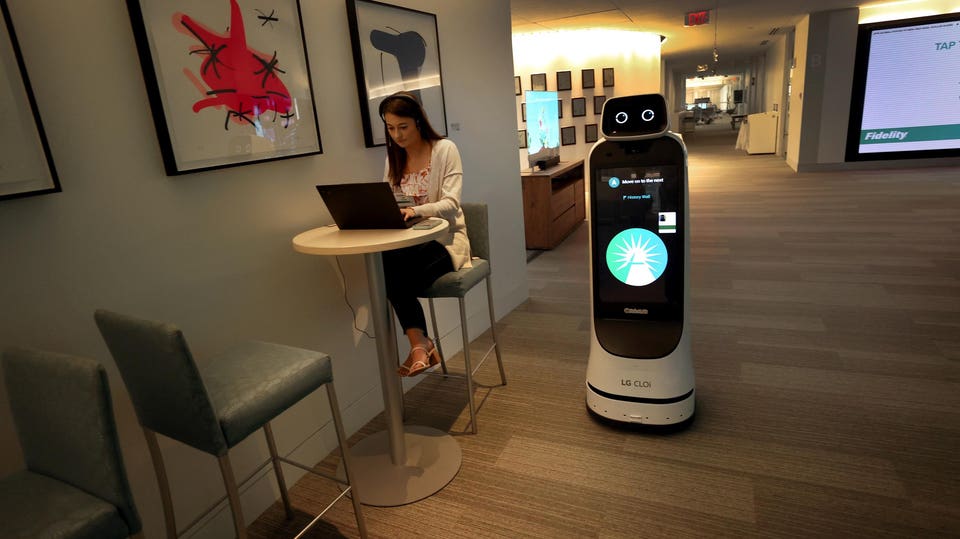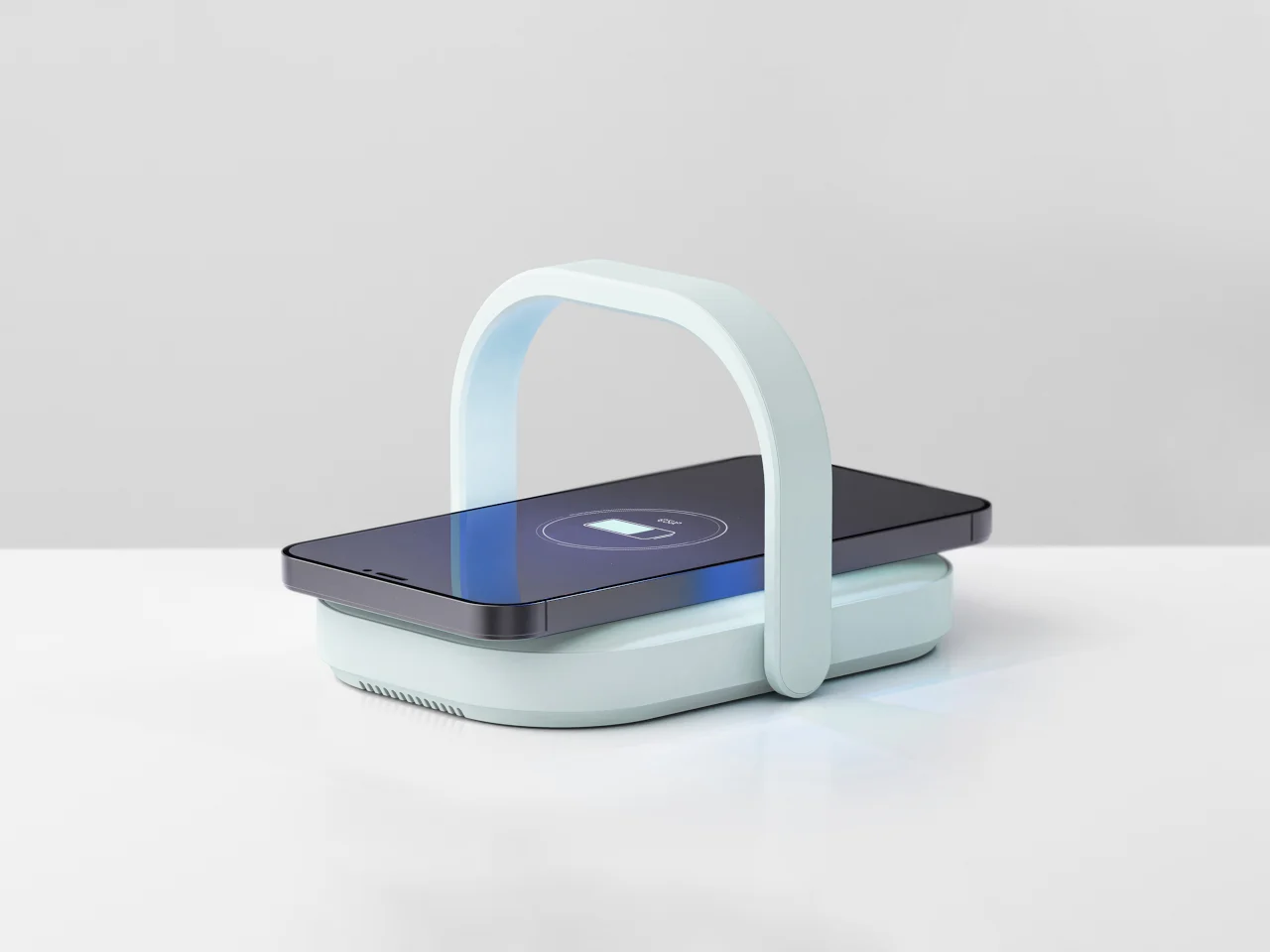LG Electronics is making waves in the smart home and robotics sectors, signaling its commitment to AI-driven automation with a majority stake acquisition in Bear Robotics, a Silicon Valley startup specializing in service robots. This move follows LG’s previous $60 million investment in Bear Robotics in March 2024, which secured the Korean tech giant a 21% share in the company. Now, with an additional 30% stake, LG officially holds a controlling 51% interest, positioning itself as a dominant player in AI-powered service robotics.
This acquisition aligns with LG’s broader robotics strategy, which has seen the development of the CLOi robot series. While CLOi robots have been tested in hospitality and service industries, they have yet to achieve widespread consumer adoption. By joining forces with Bear Robotics, LG aims to enhance its AI and automation technologies, creating a seamless bridge between smart home ecosystems and commercial service robots.
The Rise of AI-Driven Service Robotics
Bear Robotics has made a name for itself with AI-driven service robots, particularly in the restaurant, hospitality, and healthcare industries. Their flagship robot, Servi, has been deployed in thousands of restaurants across North America and Asia, assisting with food delivery, table bussing, and even customer engagement.
With LG’s deep expertise in AI, home automation, and consumer electronics, this partnership is expected to push Bear Robotics’ technology even further, integrating it into smart home environments and expanding beyond hospitality into residential and industrial automation.
Why LG is Betting Big on Robotics
Smart Home Integration – As homes become more automated, AI-powered robots could manage chores, security, and even personal assistance tasks.
Commercial Applications – Service robots are growing in popularity in hospitality, retail, and healthcare, providing efficiency and cost-saving benefits.
AI and Automation Synergy – With advancements in AI, natural language processing, and robotics, LG sees a future where robots seamlessly interact with smart home devices.
Competition in AI Robotics – Rivals like Amazon, Google, and Tesla are also exploring home robotics, making this a crucial investment for LG’s long-term competitiveness.
Bear Robotics: A Game-Changer in Service Robotics
Founded in 2017 in Redwood City, California, Bear Robotics quickly gained attention for its autonomous food service robots, which have been widely adopted in restaurants and hotels. The company’s core technology includes:
•AI-Driven Navigation: Uses LiDAR and cameras to navigate busy environments.
•Autonomous Operations: Reduces reliance on human staff, particularly in labor-intensive industries.
•Seamless Human-Robot Collaboration: Designed to assist, rather than replace, human workers.
With LG’s acquisition of 51%, several potential developments could emerge:
Expansion into Smart Homes – LG could develop AI-powered home assistants or robotic vacuum/waiter hybrids for residential use.
Enhanced AI and Sensor Technology – LG’s expertise in AI and IoT could refine Bear Robotics’ sensor-based navigation, improving efficiency.
Cross-Industry Expansion – Beyond restaurants, these robots could be deployed in hospitals, airports, and shopping malls.
Tighter Integration with LG’s Smart Ecosystem – Bear Robotics’ technology could sync with LG’s ThinQ AI and smart appliances for automated home solutions.
LG’s Robotics History: From CLOi to the Future
LG has been experimenting with robotics for years, primarily through its CLOi series. Some of its most notable robotics projects include:
•CLOi GuideBot: A customer assistance robot used in airports and malls.
•CLOi ServeBot: A food delivery and service robot similar to Bear Robotics’ Servi.
•CLOi UV-C Robot: A disinfection robot used in healthcare and hospitality.
Despite these innovations, LG’s robotics division has struggled to achieve mass adoption in consumer markets. The Bear Robotics acquisition suggests a shift toward more practical, commercially viable robotics solutions.
What This Means for the Future of Smart Homes and Automation
The convergence of AI, robotics, and smart home technology is rapidly accelerating. LG’s investment in Bear Robotics could lead to the following key trends:
AI-Powered Home Assistants – Robots that assist with cleaning, security, and even companionship.
Smart Kitchen Automation – AI-driven robots could integrate with LG smart appliances to streamline cooking and food service.
Retail and Hospitality Automation – Enhanced customer service robots in stores, hotels, and restaurants.
Healthcare Assistance – AI-driven robots aiding elderly care and hospital staff.
With competitors like Amazon’s Astro robot and Tesla’s humanoid robot initiatives, LG’s move into AI-powered service robotics positions it as a key player in the evolving landscape of automation.
Final Thoughts: A Strategic Leap for LG in AI Robotics
LG’s majority stake in Bear Robotics marks a pivotal moment in its robotics journey. This acquisition could bridge the gap between commercial service robots and AI-driven home automation, setting the stage for a new era of intelligent living spaces.
With AI, automation, and robotics becoming increasingly interconnected, LG’s latest investment signals a bold vision for the future—one where robots seamlessly assist in both commercial and residential environments. As technology advances, the dream of a truly smart home—complete with robotic assistants—may soon become a reality.
No comments yet.








